Information democracy
Powerful companies and governments control the way the internet and new technologies are deployed. These actors blur the lines on corporate power in ways that have tremendous impact on people and democracies. The dominant business model of ‘Big tech’ platforms is based on surveillance, polarization and power imbalances. This ‘surveillance capitalism’ has had a global impact on democracy. For example, state and private actors can use the internet and technologies to spread political disinformation, to manipulate electoral results, to attack human rights defenders and to limit civic space.
Filter resources
-

EDRi-gram, 21 January 2026
What has the EDRi network been up to over the past few weeks? Find out the latest digital rights news in our bi-weekly newsletter. In this edition: EDRi’s 2025 year in review, new resource to support an EU spyware ban, DSA delayed in Poland, & more!
Read more
-
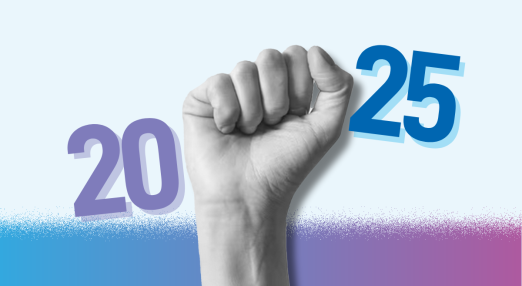
EDRi’s 2025 in review: we resisted, we persisted
As for most civil society organisations, 2025 was a tumultuous and challenging year for EDRi. Shifting political landscapes and shrinking civic space have made the work of civil society in Europe and around the world increasingly difficult for years . Yet we have nevertheless found many reasons to hope, celebrate, resist and persist.
Read more
-

New research reveals how Snapchat uses notifications to manipulate users
A new study by Bits of Freedom shows that Snapchat sends users misleading notifications. This is banned under the Digital Services Act which prohibits misleading and manipulative design on online platforms. The results of this study make for important input into possible DSA enforcement actions and support including rules about attention-grabbing notifications in the upcoming Digital Fairness Act.
Read more
-
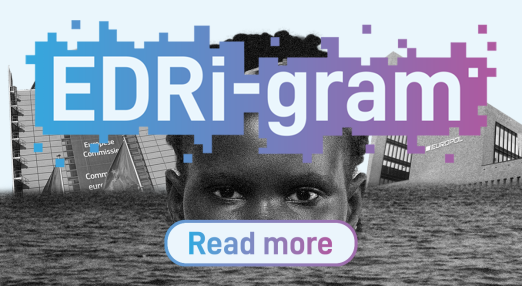
EDRi-gram, 11 December 2025
What has the EDRi network been up to over the past few weeks? Find out the latest digital rights news in our bi-weekly newsletter. In this edition: 2025 might be almost over, but we aren’t done fighting for digital rights
Read more
-

EDRi-gram, 27 November 2025
What has the EDRi network been up to over the past few weeks? Find out the latest digital rights news in our bi-weekly newsletter. In this edition: Digital Omnibus rolls back rights, age verification misses the mark, data workers behind AI, & more!
Read more
-
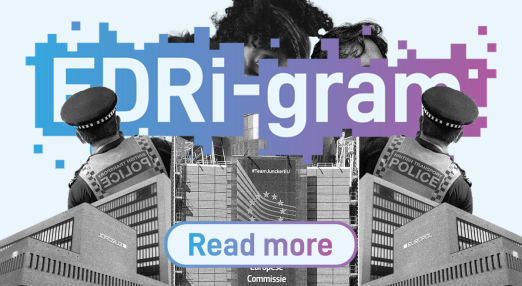
EDRi-gram, 13 November 2025
What has the EDRi network been up to over the past few weeks? Find out the latest digital rights news in our bi-weekly newsletter. In this edition: Halloween is over… but digital rights horrors remain
Read more
-

EDRi-gram, 29 October 2025
What has the EDRi network been up to over the past few weeks? Find out the latest digital rights news in our bi-weekly newsletter. In this edition: we're pondering digital fairness, budget cuts for the Austrian DPA and more.
Read more
-

EDRi-gram, 16 October 2025
What has the EDRi network been up to over the summer? Find out the latest digital rights news in our bi-weekly newsletter. In this edition: Digital protection at stakes – and how we are fighting back.
Read more
-
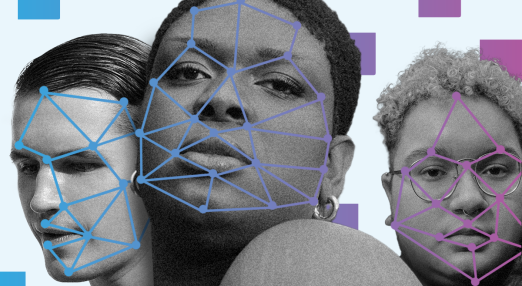
The Commission must uphold the AI Act and fundamental freedoms in Hungary
ECNL, Liberties and the Hungarian Civil Liberties Union called on the EU to protect Pecs Pride participants from AI surveillance.
Read more
-

The DMA is a success, it should be strengthened and expanded
Despite its somewhat disappointing enforcement so far, the EU’s Digital Market Act has become a global role model for modern antitrust policy. While Europe figures out its implementation, we should already work on expanding the law’s scope and strengthen its provisions. Here is how to make the DMA even better.
Read more
-
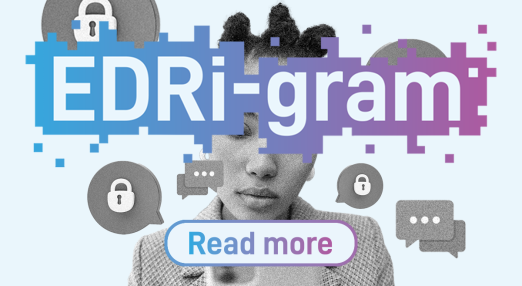
EDRi-gram, 17 September 2025
What has the EDRi network been up to over the summer? Find out the latest digital rights news in our bi-weekly newsletter. In this edition: age verification gains traction, EU’s deregulation spree risks entire digital rulebook, & more!
Read more
-

Why Europe’s new tech laws have the world on edge
Trump and the global far-right are trying to discredit Europe’s tech laws with misinformation and political pressure, fearing that these regulations might disrupt their ability to undermine democracy. If Europe wants to safeguard its democracy and its credibility as a global regulatory leader in tech, the European Commission needs to enforce these laws swiftly and decisively.
Read more
